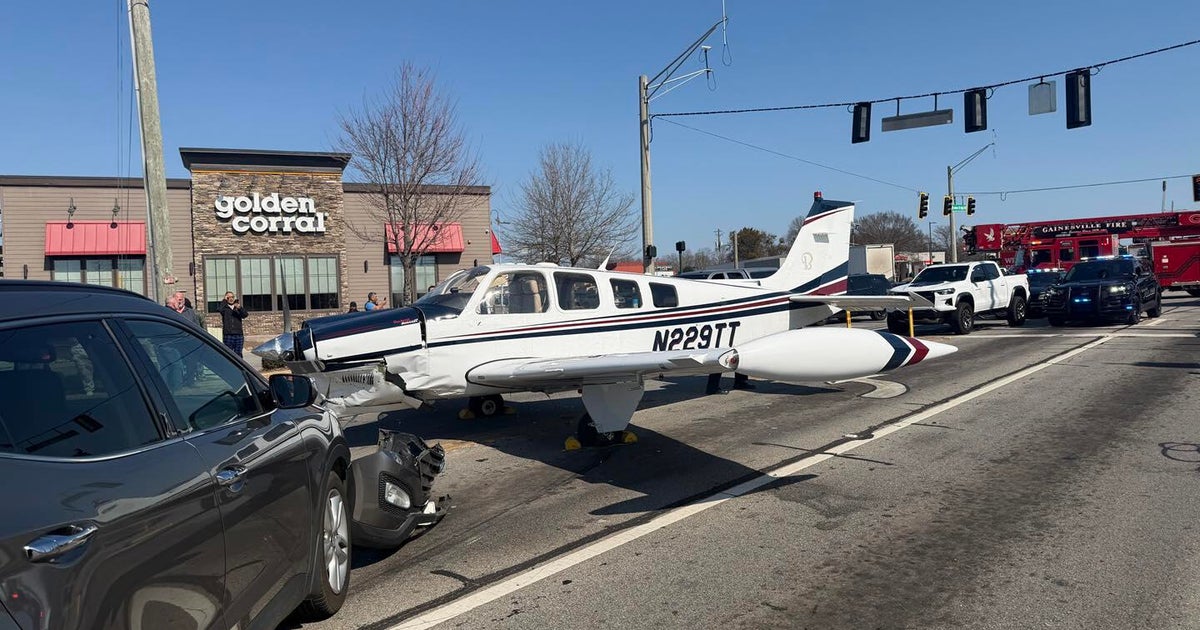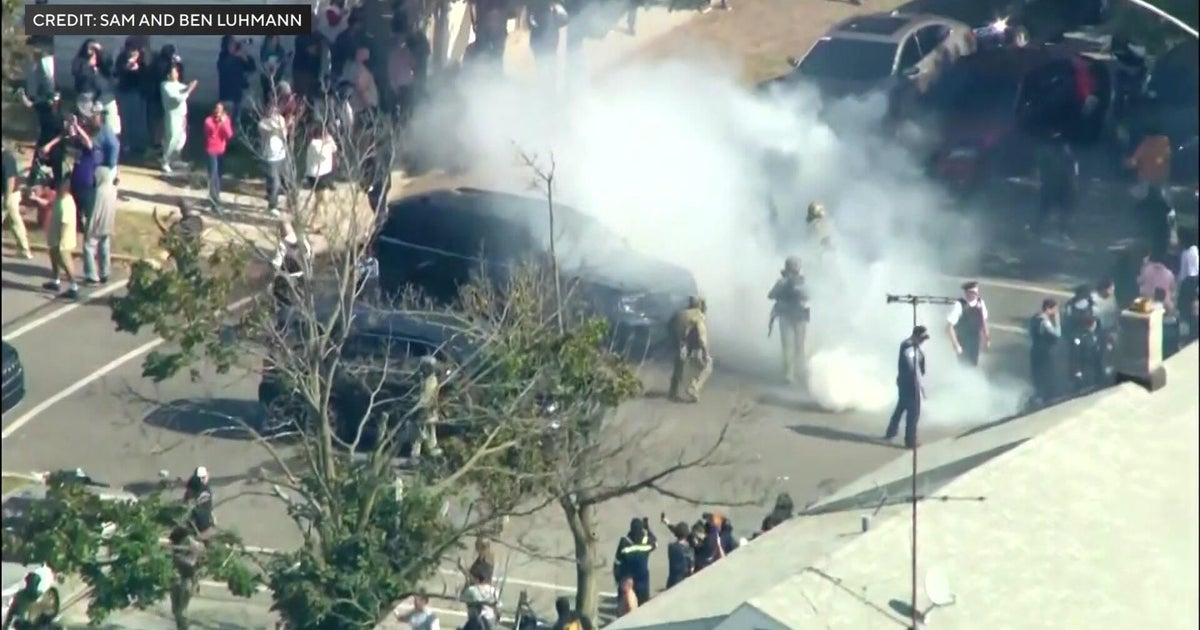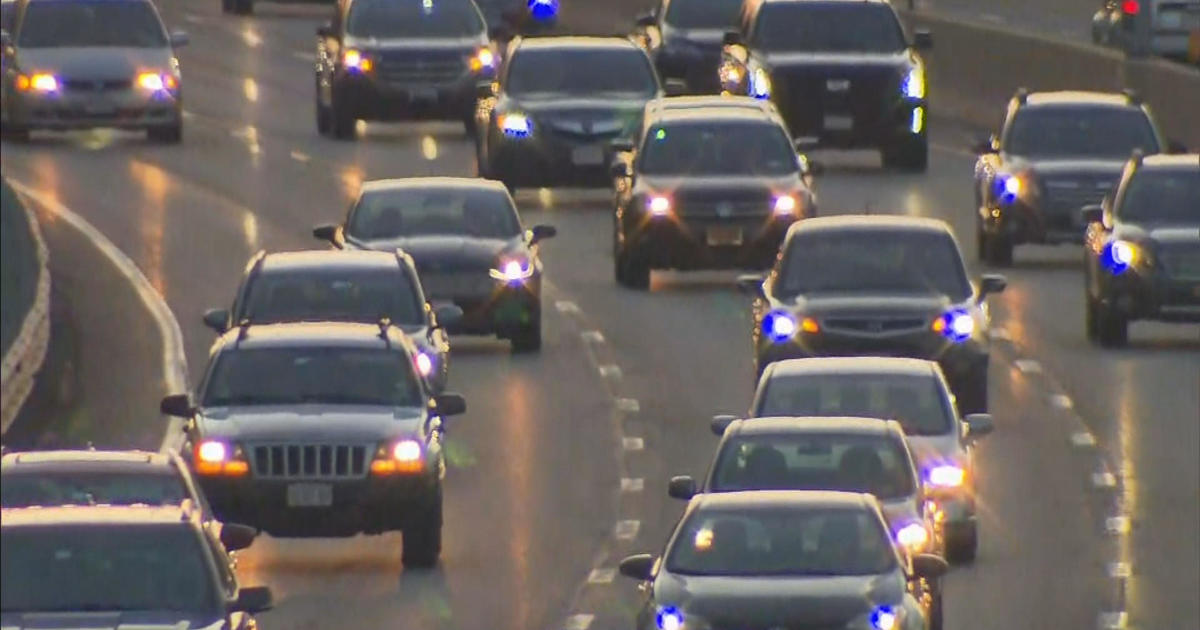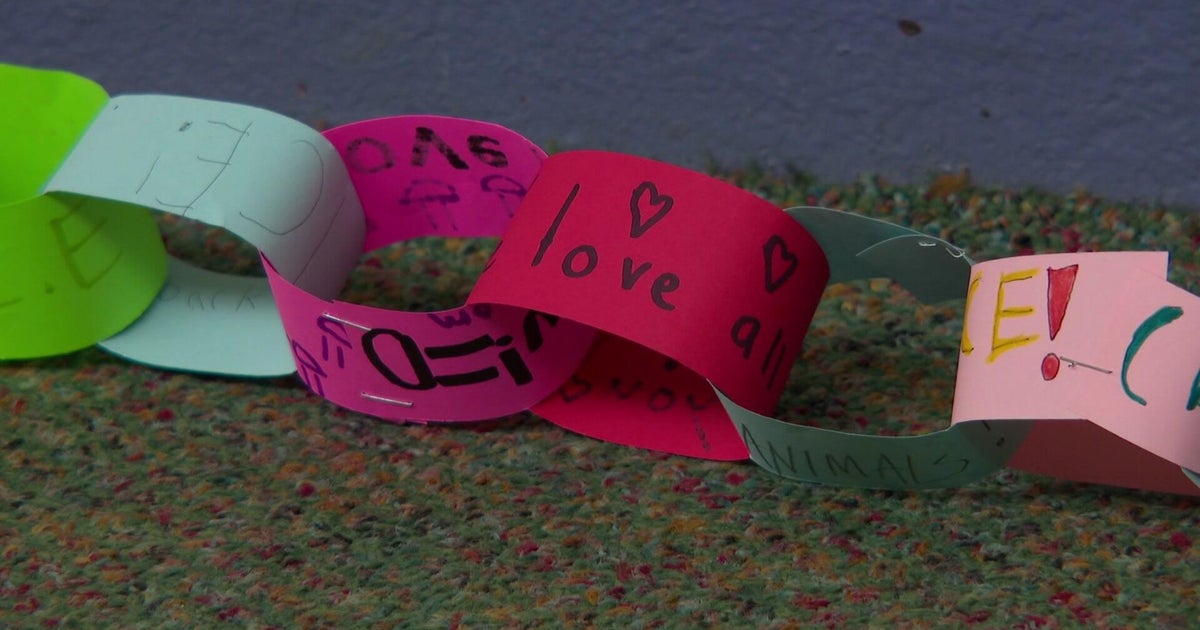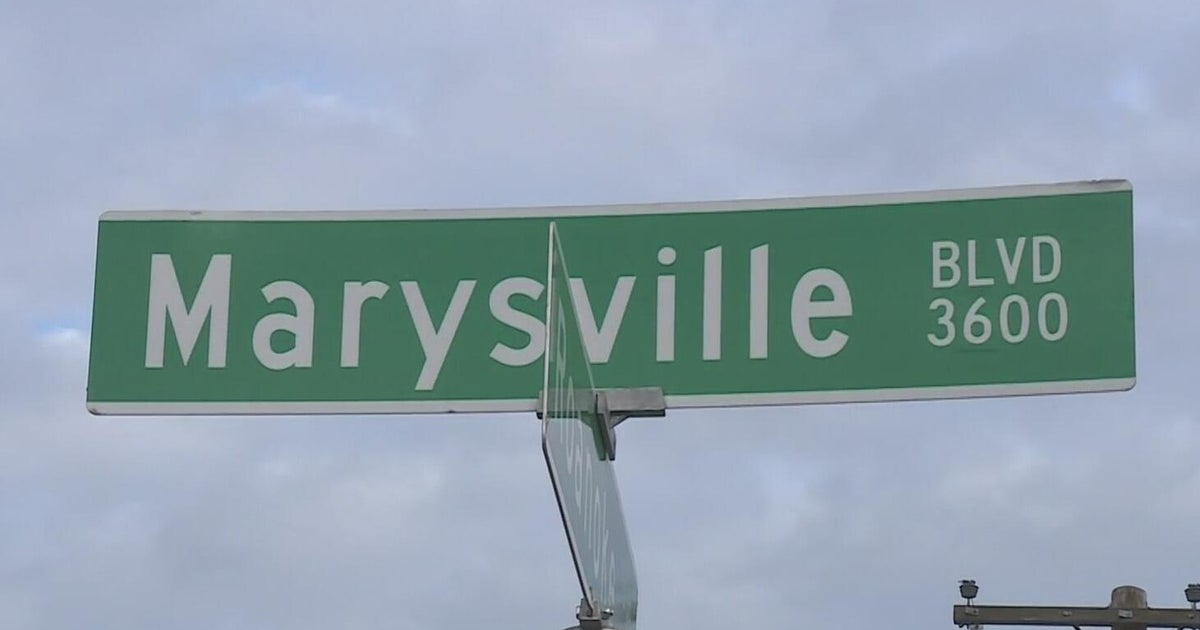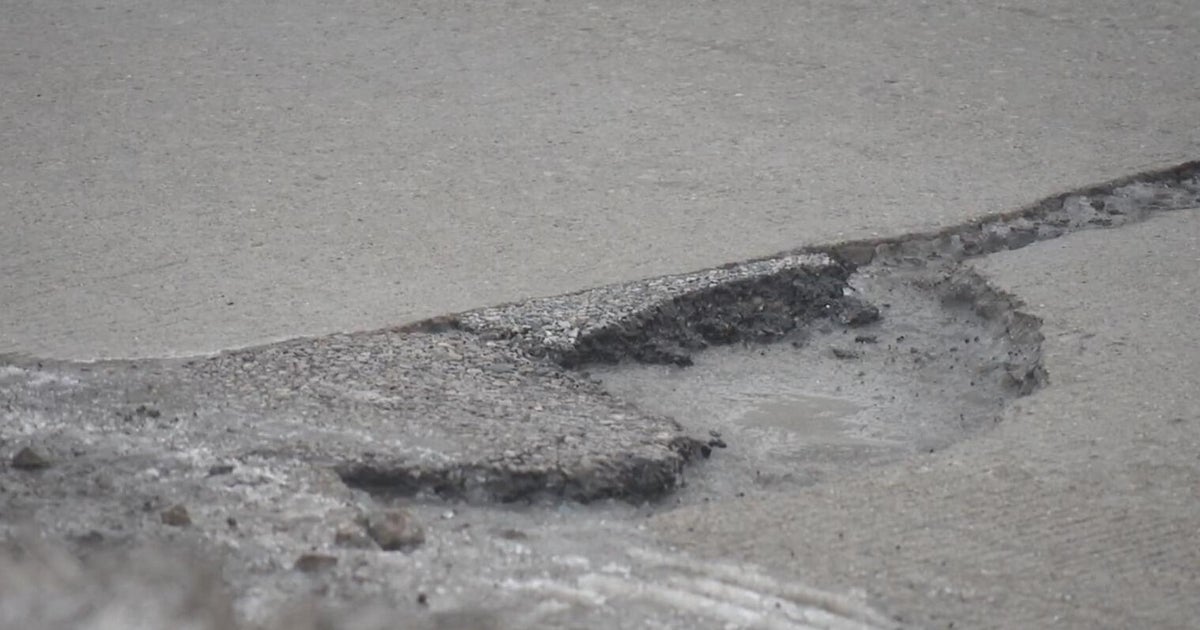Good Question: Asphalt Or Concrete - How Does MnDOT Decide?
MINNEAPOLIS (WCCO) -- With road construction season in full swing, Minnesotans have seen plenty of crews on the highways. MnDOT uses one of two pavements -- asphalt or concrete -- which has John from Eagan asking: How does MnDOT choose which one? Good Question.
In Minnesota, 61 percent of the roadway is asphalt, 16 percent is concrete and 23 percent is a mixture of both. The two pavements are made of gravel, sand and rocks, but have a different way of holding together.
Concrete is more expensive, but it lasts longer – up to 25 years versus 15 years for an asphalt overlay, according to Curt Turgeon, MnDOT's State Pavement Engineer.
At MnDOT Office of Materials and Road Research in Maplewood, there is an asphalt lab and a concrete research lab. Turgeon says the decision on which paving materials to use is made on a case-by-case basis. He says they conduct an analysis by asking several questions.
Will an asphalt mix work? Will a concrete fix work? Do they have the money for either one? What are the anticipated lives of the two fixes?
"Certainly things like traffic come into play," Turgeon says. "We don't want to do a lot of short-term fixes where there is high volume and have to keep going back over and over."
Generally, his team looks at the costs of construction and maintenance over a 50-year period. They'll also take into consideration the original type of pavement and whether or not the project requires road closures.
"If we need to do things that are down deep, then we might do a longer-term fix on the pavement as well," he says.
Most of the roads in the metro area are concrete. This summer's 694 project will be concrete due primarily to high traffic volume. The current pavement on the section of I-94 between the Twin Cities is an asphalt overlay that has to be redone every eight to 10 years.
"We'll probably continue like that because the costs of fixing that corridor properly, with bridges and all the things that need to be fixed," he says. "We just don't have in our pocket and we don't have all those things figured out."
